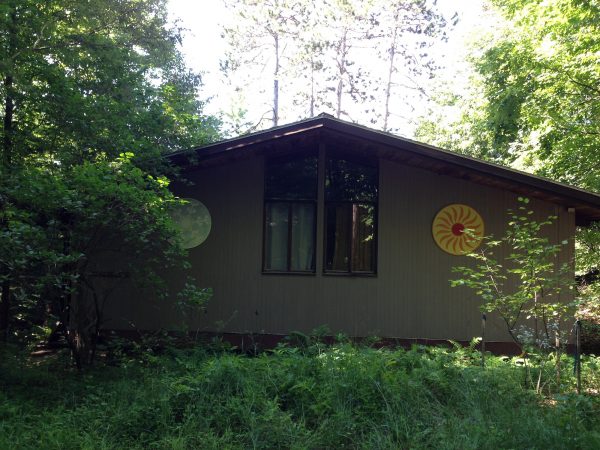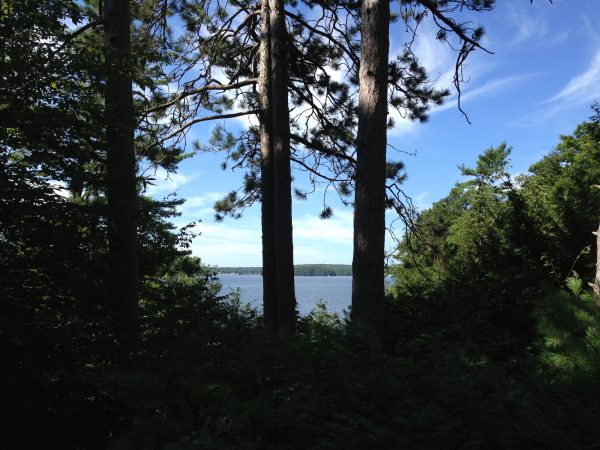This is part of the Bittersweet Book Launch case study, where Dan Blank and Miranda Beverly-Whittemore share the yearlong process of launching her novel. You can view all posts here.
by Miranda Beverly-Whittemore
Bittersweet is due tomorrow! As in, these next 24 hours are the last in which I’ll be able to make substantive changes. Yes, there will be the copyedit (thank god for copyeditors—they are the unsung heroes of the publishing process). And yes, I’ll get a last pass. But that’s to catch the minutiae; this is the last chance I have to change paragraphs, question my character’s motivations, and revisit every promise that I, the author, makes to my reader.
Put that way, it seems like a terrible idea to actually ever turn in my book!
But I’m actually excited. When I stop long enough to think about it, I realize that I’m ready to release this book into the world. Better yet, that Bittersweet is ready to meet the world.
In the meantime, I’ve been thinking a lot about revision. When I was teaching, I found it shocking how unaccustomed my students were to the reality of revision. So many of them believed that a good writer just got better at writing first drafts, so much better, that editing became unnecessary. This is pretty much exactly the opposite of how it works. The “better” you get as a writer (whatever that means), the more nuanced your understanding becomes of how vital the revision process is. The more you embrace the process, and struggle with it, and yield to it. You know the only way you’re going to get even close to that little seed of a thought you had about what the book might be before you began is by questioning its every aspect now that it’s “finished.”
That doesn’t mean that when you’re facing down revision, you don’t resist it. It usually takes a long time to yield to it, but once you do, it actually becomes, well, if not fun, then understood as necessary.
Here’s some thoughts about all the revisions I’ve done of Bittersweet:
1) In the fall of 2011, I finished the first draft, and immediately went back to it, fixing whatever was obvious, so I could send a clean copy to my agent.
2) In the spring of 2012, my agent came back to me with notes, most of which I agreed with wholeheartedly. It took me a couple of months to get the book into shape.
3) In the fall of 2012, I revisited the book again, and, based on a few external notes I’d gotten, revised again.
4) In February 2013, when my (future) editor first read the book, she had a real problem with the ending. So over a weekend, I rewrote the last fifteen pages! (Sometimes revision can mean scrapping whatever lame idea you were holding onto in the interest of listening to someone wiser than you). It felt great to show her I could turn quality work around quickly, not to mention take constructive criticism and run with it. I really welcomed the chance to show someone who I wanted to work with what I’m made of.
5) In May 2013, my editor came back to me with a substantive edit. In the meantime, I’d reread the whole book myself and had my own changes. The revision that followd was the deepest I ever went with Bittersweet. I questioned character arcs, plot points, narrative flow, plot points, sentences, words—everything I could get my hands on. I’ve found the best way to do this kind of edit is to immerse myself in the universe of the book, and so, the first three weeks of June were spent living, breathing and sleeping Bittersweet.
6) In July 2013, I’ve read the book aloud to myself, which has been incredibly helpful in hearing what hasn’t been working, on a more global level and also the level of the word and sentence. My editor has been reading it too, and has come back with very few (and mostly incredibly encouraging notes). In the meantime, I’ve re-read the book in the last few days and have caught a number of tiny things I want to tweak, mostly on the level of the sentence. I’m now combining her notes with mine to create one final draft of Bittersweet—which will be back in her hands, for good, in 24 hours!
A book never feels done. The secret is knowing you’ve worked hard enough on it that you’re allowed to let it go.







